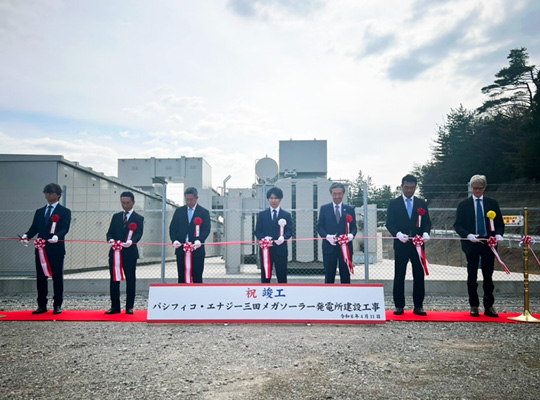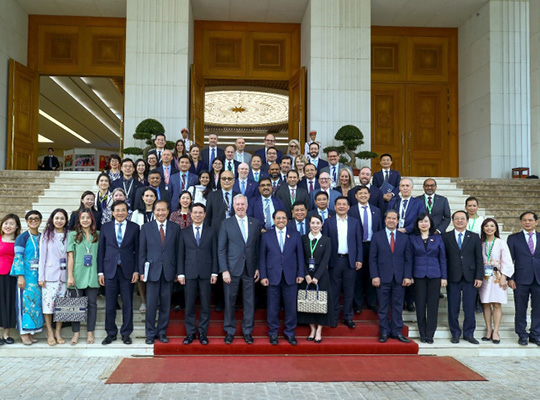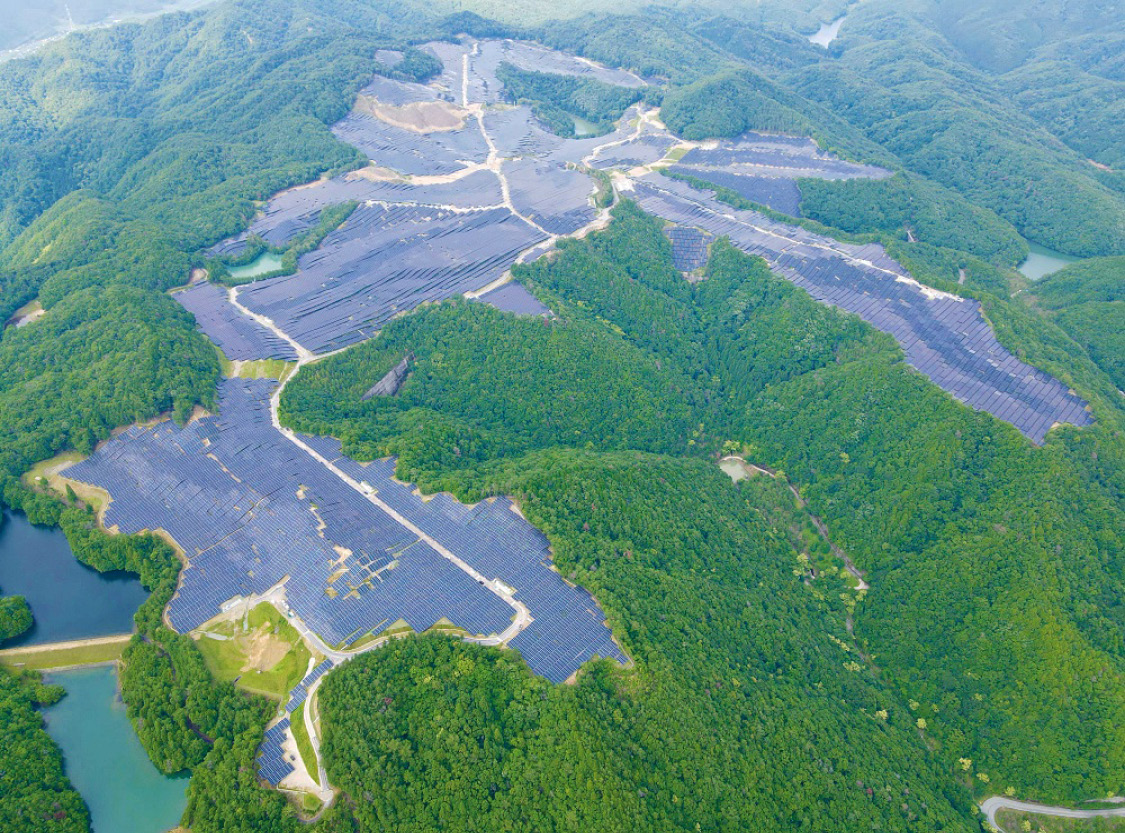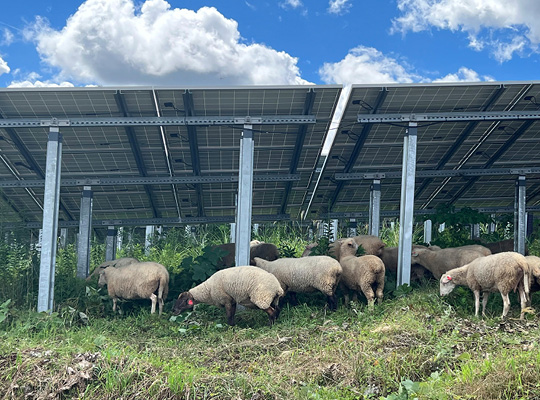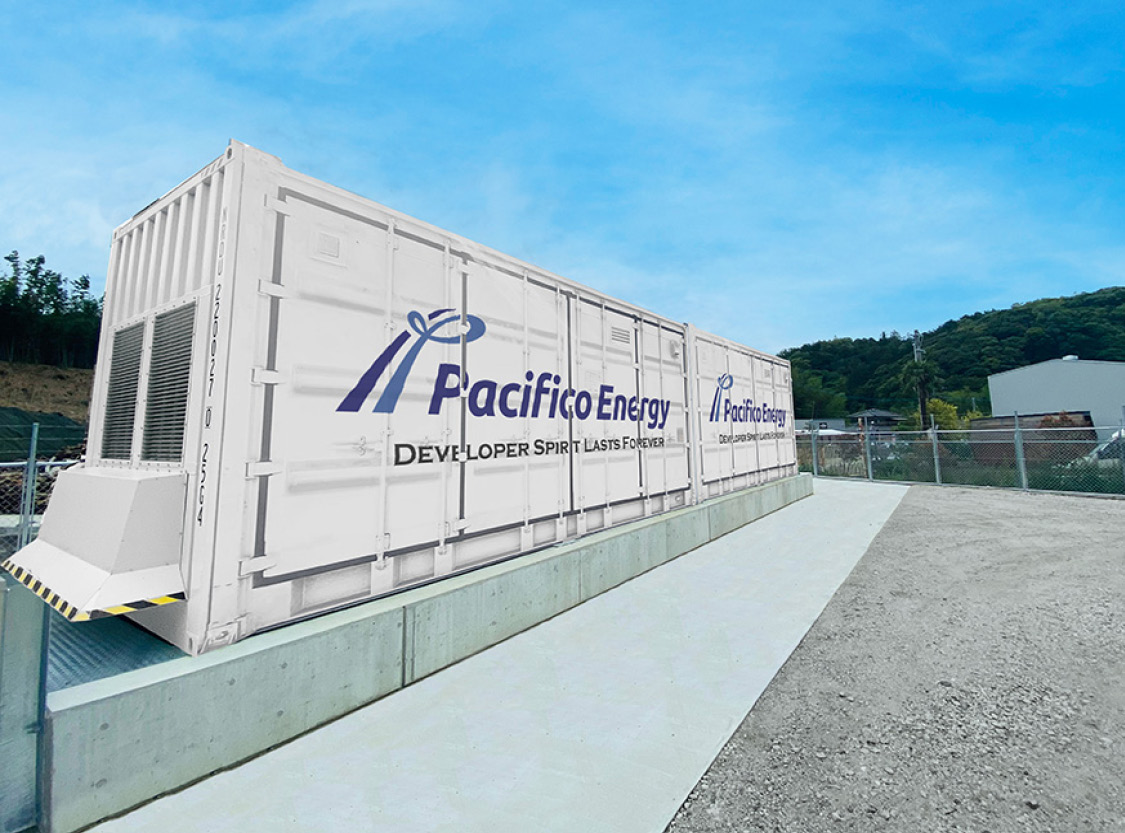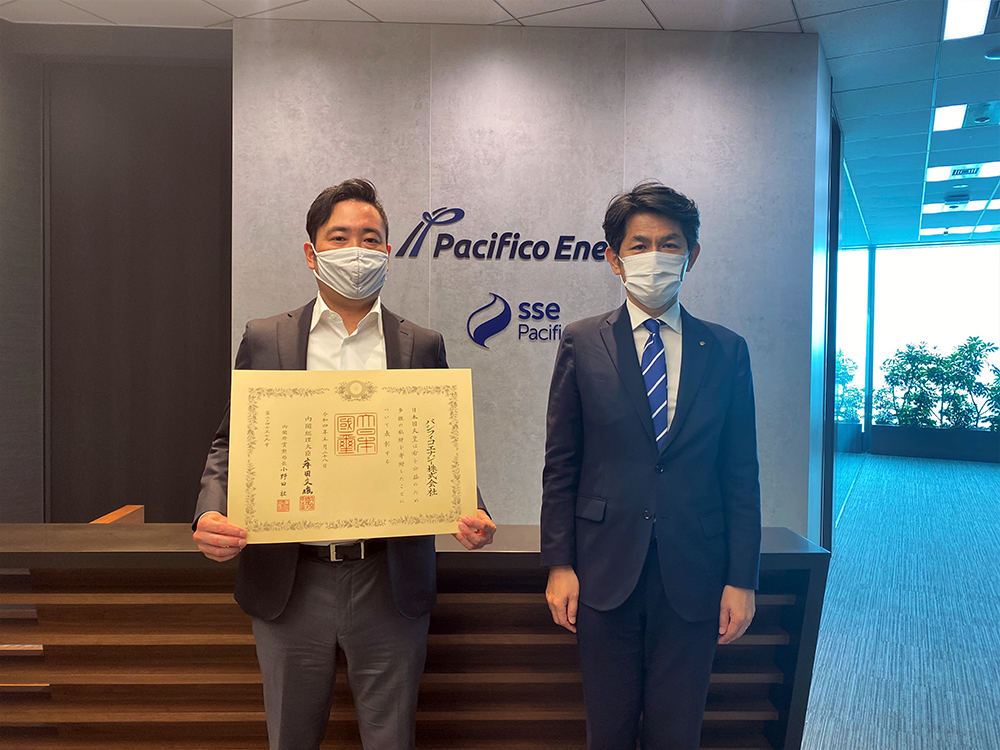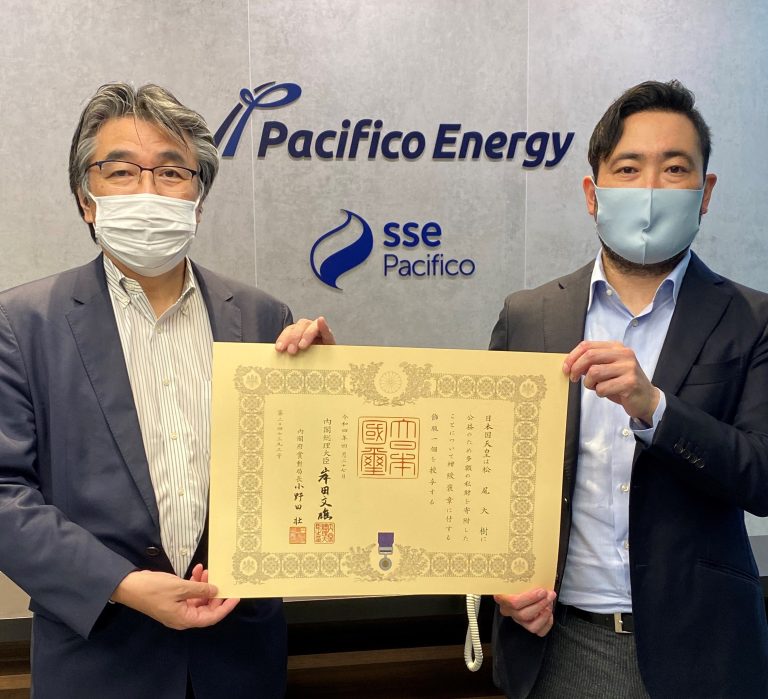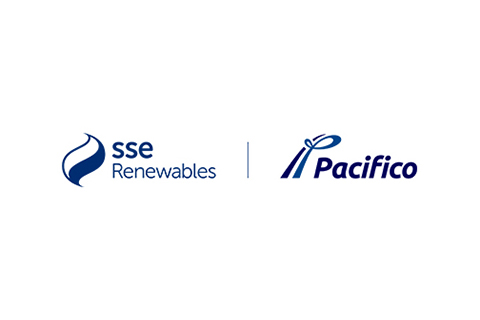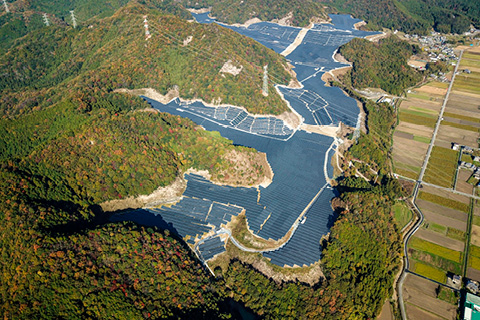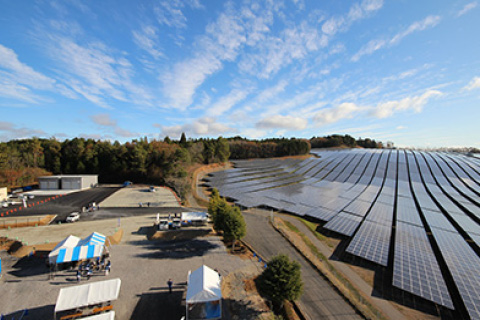
NEWS
Pacifico Energy Expands Alternative Investments Team with Senior Hire to Focus on Opportunities Arising from Need for Additional Electricity Resources in United States
- Los Angeles, CA (July 16, 2024) – Pacifico Energy has announced that Leon J. Persaud ...Read more...
07/16/2024
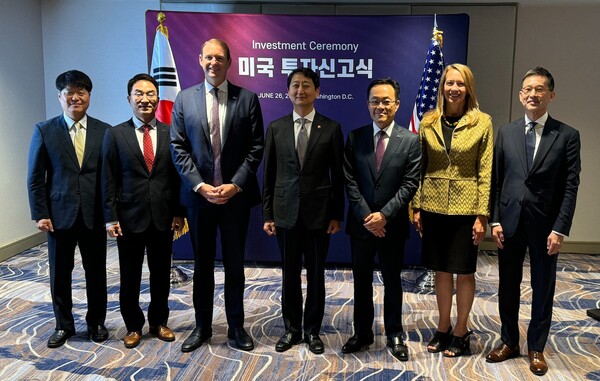
NEWS
Pacifico Energy signs Investment Declaration with Korea's MOTIE for offshore wind in South Jeolla
- (from left) Dukryul Park, director general for cross-border investment policy at the Ministry of Trade, ...Read more...
06/28/2024
.jpg)
PRESS RELEASE
Pacifico Power clears $93mm in total transaction value in its first multiphase tax equity financing of key distributed energy projects in partnership with Sumitomo Corporation and Mitsubishi UFJ Financial Group
- The combined $29mm construction-to-permanent debt facility, $24mm transferability bridge loan, and $40mm tax equity commitment ...Read more...
06/26/2024

NEWS
S. Korea bags US$610mm investment from 3 U.S. firms
- Industry Minister Ahn Duk-geun speaks during a reception in Washington on June 26, 2024 (U.S. ...Read more...
06/26/2024
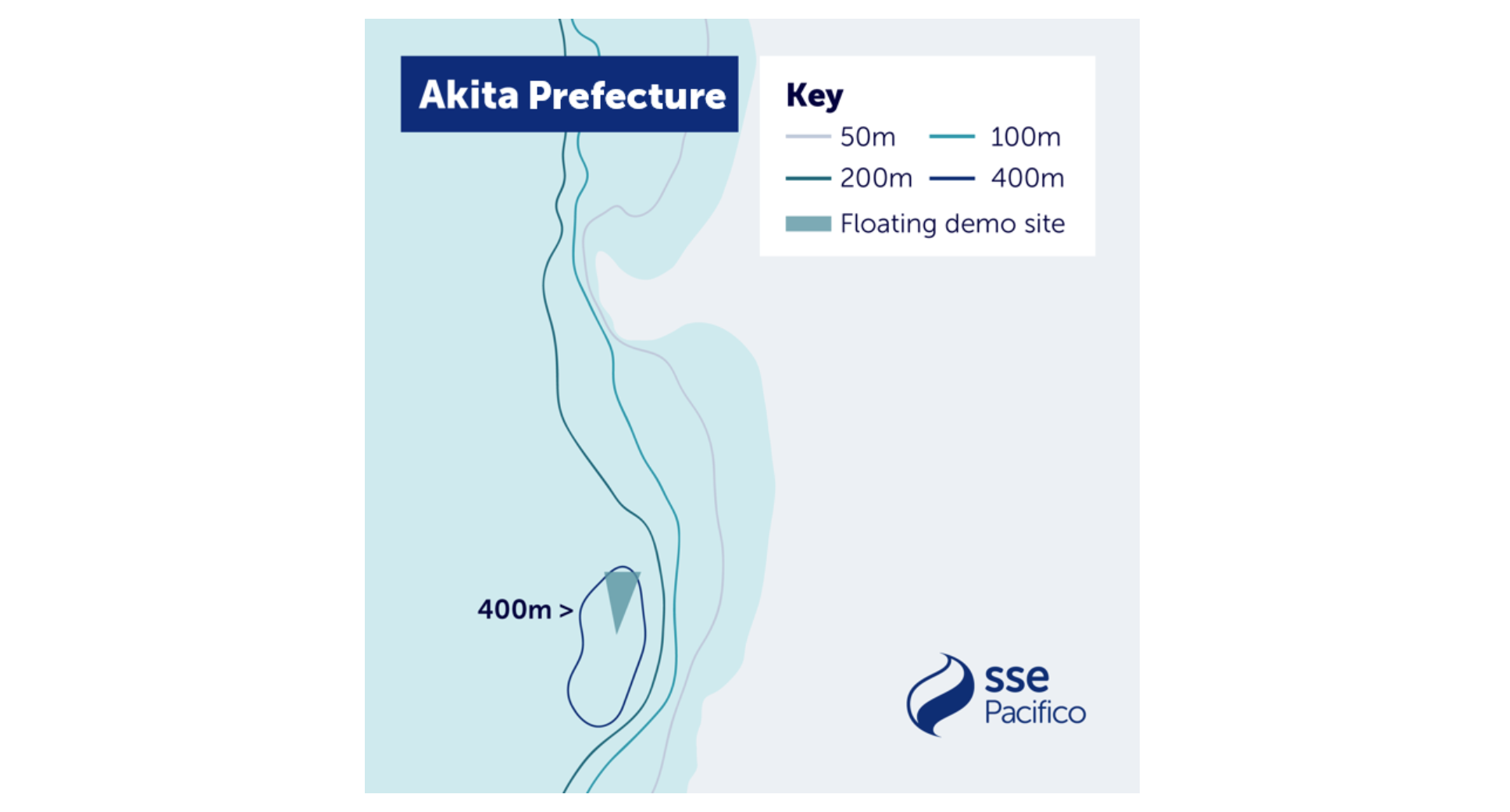
NEWS
SSE Pacifico and partners secure public funding for Japanese floating offshore wind demonstrator
- 30MW demonstrator will be among the deepest anywhere in the worldFollows competitive process administered by ...Read more...
06/13/2024

